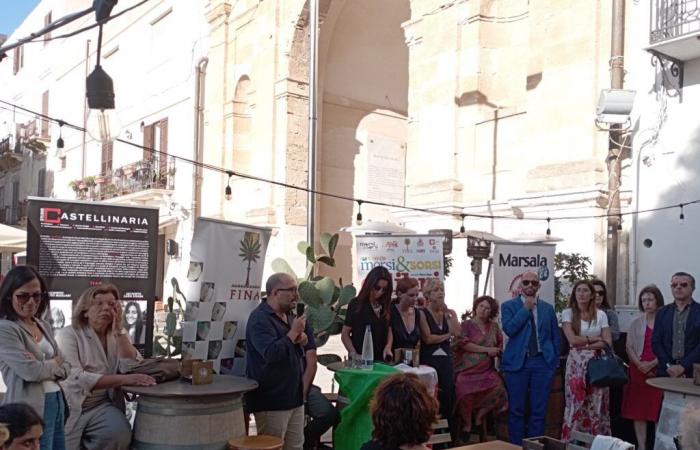
There separation of careers between the prosecuting judiciary, i.e. those who carry out the role of public prosecutor and the judging judiciary above all parties, is one of the key elements of justice reform proposed by the Meloni Government and the Minister of Justice Carlo Nordio, with the aim of transforming the Italian judicial system. A reform launched in the Council of Ministers which, however, is leading to various discontents on the part of the Italian judiciary because it would redefine the country’s judicial structures with many risks, according to the magistrates. the national association ANM has expressed strong opposition, as the separation of careers could reduce the independence of judges and increase distorting effects and institutional conflicts.
Thus the magistrates of the courts of Trapani and Marsala presented a document, “armed with constitutional texts”, which they read before meeting the author Marco Birolini during the event ‘Bites & Sips of books’, at Porta Nuova. Dr. Caruso began: “We do not want to defend a caste interest here, but a right which if violated could undermine our democracy and the risk exists with the reform that Parliament could approve with the bill presented in the Council of Ministers on the separation of careers” . In practice at the moment there is only one Superior Council of the Judiciary for all judge roles. The reform instead aims to create two CSMs, one for judges and one for prosecutors, both chaired by the President of the Republic. Currently, magistrates can change roles, but only once and only in the first ten years of their career, an infrequent practice.
The Trapani and Marsala magistrates clarify in the document: “Currently judges and prosecutors enter the same competition and differ only in the functions they perform. Already last year, with the Cartabia reform, the system of transfer of functions was made more rigid, allowing it only once during the first years of a judge’s activity and with a whole series of restrictions also in the transfer from one region to another. ‘other. Separating careers in this way will have an even greater impact on judicial proceedings.” There is also the risk that there will no longer be a clear difference before the judge, between prosecutor and lawyer: the former represents the prosecution, the State in the case against the accused; the second has a bond of trust with the accused and must defend him even if he is aware of his possible guilt.
“Since the introduction of the Italian Constitution – continues Dr. Caruso together with his colleagues, including the new president of the Court of Trapani Alessandra Camassa, who came from the Palace of Justice in Marsala – this structure has represented a guarantee for the citizens, who have been able count on a public prosecutor who thinks like a judge open to doubt about the innocence of the suspect and who evaluates the evidence with the same attitude of impartiality, seeking the truth. The separation of careers, however, could bring about the end of all this, seriously endangering democratic values.” The path towards the definitive approval of the reform could however still be long and complex: the legislative process provides that the reform must be approved by both houses of Parliament in two subsequent deliberations, with an interval of at least three months. At the second vote the law must be approved with a two-thirds majority: otherwise, it will go to a referendum.




